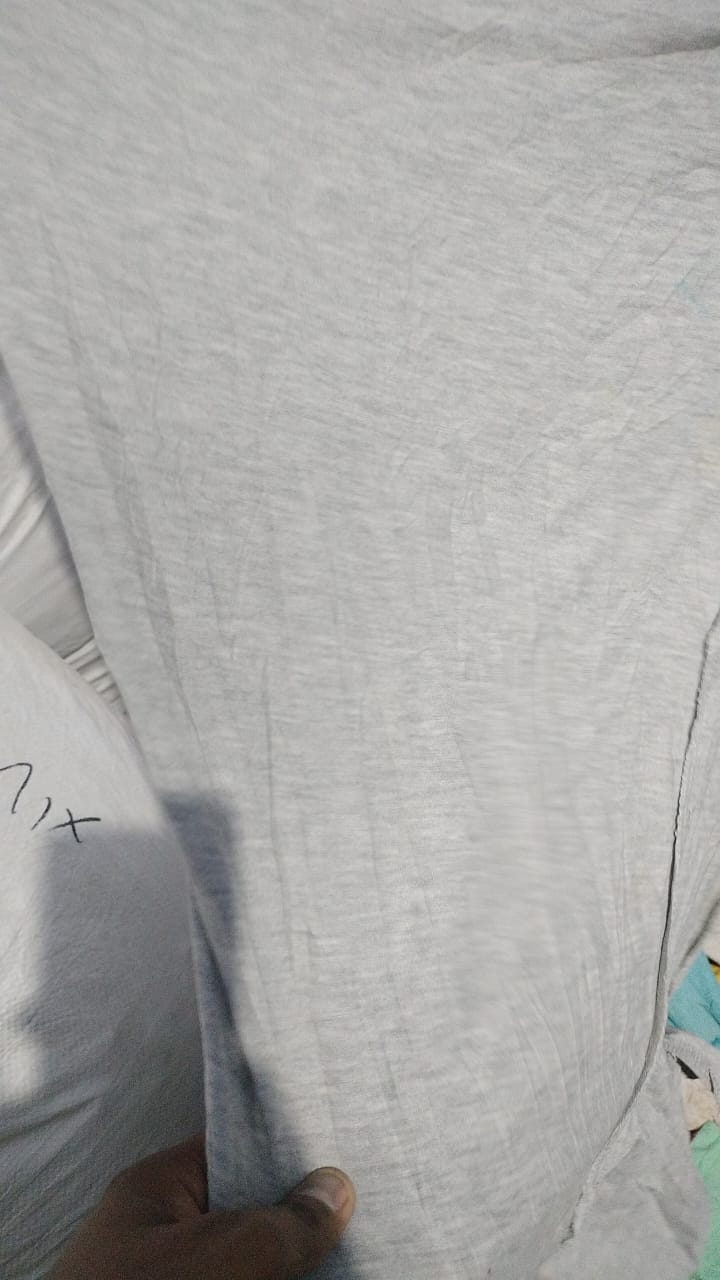In the bustling city of Surat, known for its vibrant textile industry, there lies a hidden gem poised to transform the way businesses operate cotton waste. This seemingly insignificant byproduct of the textile manufacturing process is gaining traction among entrepreneurs like Rajesh Mehta, who are discovering its potential to address critical industrial challenges and contribute to sustainable development.
Meet Rajesh, a 35-year-old entrepreneur with a keen eye for innovation. Rajesh runs a small-scale textile manufacturing unit, producing high-quality garments for both domestic and international markets. Despite his success, Rajesh faces a significant challenge that many in the industry encounter managing the vast amounts of cotton waste generated during production. For years, this waste has been a thorn in his side, leading to increased costs and environmental concerns.
The textile industry in India generates millions of tons of cotton waste annually. For many, this waste is nothing more than a nuisance, requiring disposal and contributing to environmental degradation. However, for Rajesh, it presented an opportunity for transformation and growth. Armed with determination and a vision for sustainable business practices, he embarked on a journey to explore how this waste could be converted into a valuable resource.
Through his research, Rajesh discovered a burgeoning market for cotton waste. This byproduct, often discarded, holds incredible potential for various industries. From furniture to paper production, cotton waste is being repurposed in innovative ways, reducing environmental impact and offering cost-effective solutions.
Rajesh's journey led him to Sharda Enterprise, a company specializing in the collection and distribution of cotton waste. Here, he found a partner capable of transforming his problem into a solution. Sharda Enterprise, with its commitment to sustainability and resource optimization, provided Rajesh with a reliable supply of processed cotton waste, which he could sell to industries in need of raw materials.
One major distinct problem faced by entrepreneurs like Rajesh is the high cost associated with waste disposal and the environmental impact it entails. The solution lies in recognizing the untapped value of cotton waste and leveraging it to reduce expenses and enhance sustainability. By collaborating with companies like Sharda Enterprise, textile manufacturers can significantly cut down on waste management costs while contributing to a sustainable ecosystem.
This transformation does not only benefit individual businesses but also promotes a circular economy, where waste is minimized, and resources are reused. Rajesh's story is a testament to the power of innovation and entrepreneurship in tackling industrial challenges. By embracing cotton waste as a resource rather than a liability, Rajesh not only improved his bottom line but also set an example for others in the industry to follow.
The impact of this shift is profound. As more businesses adopt similar practices, the demand for cotton waste increases, leading to a reduction in landfill waste and a decrease in the industry's overall carbon footprint. Moreover, this movement creates employment opportunities, fostering economic growth and stability in regions heavily reliant on the textile industry.
In conclusion, the story of Rajesh and his journey with cotton waste highlights the importance of innovative thinking and sustainable practices in today's business landscape. By identifying and addressing a distinct problem faced by many in the textile industry, Rajesh not only found a solution to his challenges but also contributed to a larger movement towards environmental sustainability and economic resilience.
For entrepreneurs across India, the potential of cotton waste as a valuable resource is a call to action. By embracing this opportunity, businesses can not only solve their waste management problems but also play a crucial role in building a more sustainable future. As Rajesh's story shows, sometimes the key to success lies not in what we produce, but in how we choose to innovate and transform what is left behind.
This blog post is crafted to resonate with entrepreneurs and business owners in the textile industry, highlighting the practical and sustainable benefits of utilizing cotton waste. It emphasizes storytelling and real-life application, making it relatable and engaging for readers while optimizing for search engines.
Visit Vyaparify Site:
https://id.vyaparify.com/sharda-enterpriseLocation:
https://www.google.com/maps/place/Sharda+Enterprise/@22.9588106,72.6488951,17z/data=!3m1!4b1!4m6!3m5!1s0x395e89d48f9579cb:0xb919d953e31add88!8m2!3d22.9588057!4d72.65147!16s%2Fg%2F11s8wxxwmg?entry=ttu 
